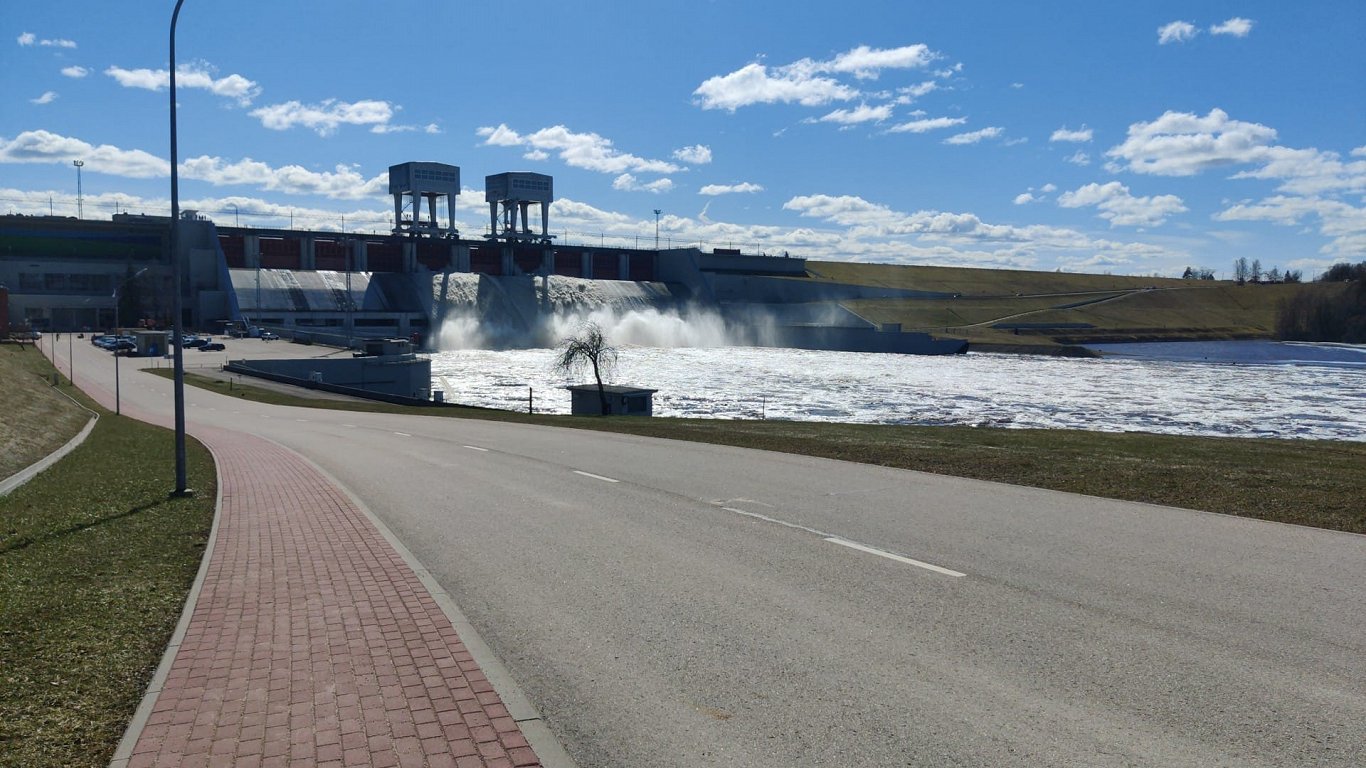The head of the electricity transmission network Augstsprieguma tīkls (AST) data analysis group, Aigars Sīlis, said that electricity prices have been declining since January.
“Thanks to the floods, production at the Daugava hydropower plant (HES) is at a rather high level. It also contributes to the fact that Latvia currently completely covers its consumption, as well as to the development of a notional surplus, which is also exported, which leads to a decrease in price,” explained Sīlis.
“And also the electricity price for April could be lower. Wind production [is] increasing. If we compare the month of March with the month of March last year, the increase is about five times. For solar stations, compared with the previous month, the rise is 260%. Compared with the month of March last year, it is up by half. Now, of course, at megawatt-hour level, it is quite small, but in the future, [..] it could also contribute to a decline in price,” said Sīlis.
The largest electricity producer in Latvia is the Latvenergo group, which produces electricity in both thermal power plants and hydroelectric plants.
Daugava HES technical director Andris Zēģele said that the increase in water levels is seasonal, but it is not typical that water levels in Daugava have been rising since Christmas last year.
“As of the second decade of March, we, in principle, only cover Latvia's consumption with the three hydroelectric power plants of Daugava,” said Zēģele.
Gunārs Valdmanis, director of the Energy Market Department of the Ministry of Climate and Energy, estimated electricity prices would fluctuate this year from over €100 to €30 per megawatt-hour (MWh), while the average price would be €75 per MWh.
"First of all, the share of renewable energy has increased. This is also related to solar panels installed in households, which are currently able to provide close to 10% of Latvia's daily consumption load," said Valdmanis.
"And the other factor is that a new nuclear reactor in Finland has finally started working, which in fact replaces the electricity volumes historically needed from Russia for Finland. If we look directly at the Baltic region, we would like to note the stabilization of the price of natural gas, which means that if there are no major shocks in the natural gas market, Latvia will also remain relatively competitive in this wholesale electricity market," Valdmanis said.
This year could be more stable for electricity consumers and without such shocks as last year.






























